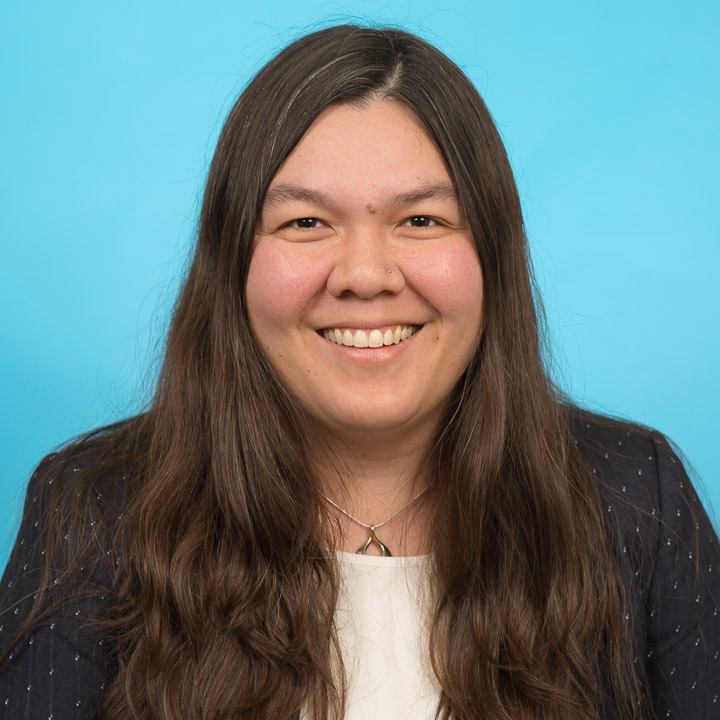
Melody is an applied health researcher with a background in community health, education, community-based research, knowledge translation, mental health and addictions. After completing her PhD in Medicine in the Division of Community Health and Humanities at Memorial University, she came to Well Living House, an action research centre focused on Indigenous health and well-being at St. Michael’s Hospital, to work with Dr. Janet Smylie on Indigenous knowledge translation research.
Working with: Dr. Janet Smylie
Contact Melody at: melodym@mun.ca
What did you do for your PhD?
I researched how institutions – such as schools, child welfare, health care – coordinate, support, and interpret fetal alcohol spectrum disorder (FASD) diagnoses for school aged children. I conducted a study in two communities: one rural Indigenous community and one urban community. While I was doing my doctoral research, I was heavily involved in local, regional, and national FASD-related working groups that were helped to engage key stakeholders in the research findings.
Why did you focus on FASD?
I worked on community-based research projects related to housing security, parenting and pregnant girls and young women, children under 12 going to emergency “care” (child welfare), and women in correctional facilities. The topic of FASD kept coming up in the various projects and as a foster parent, I had to educate myself on parenting children with FASD.
Why are you interested in Indigenous knowledge translation?
My experiences of doing research with Indigenous communities as an academic researcher has drawn my attention to the importance of knowledge translation (KT) activities throughout research and the dearth of exemplary KT in the literature. Scholars including Dr. Janet Smylie, my supervisor and mentor, have written about how KT in Indigenous research contexts must be better understood, recognized, and practiced in ways that are not well-articulated or endorsed in mainstream KT literature. As part of my postdoctoral research, I am working on a systematic review of evaluated KT in Indigenous health research – summarizing and synthesizing successes and lessons learned from KT in Indigenous research contexts.
One thing you’d like to see happen differently in the research world?
Academic institutions to better recognize the value of sharing knowledge (from research) in accessible and culturally relevant ways. I would love to see more research shared in ways that extend beyond reports, journal articles, and book chapters…and shared in ways that research participants, communities, leaders and other agents of change can understand and use.
Publications: https://scholar.google.com/citations?user=gcrWjD8AAAAJ&hl=en&oi=ao